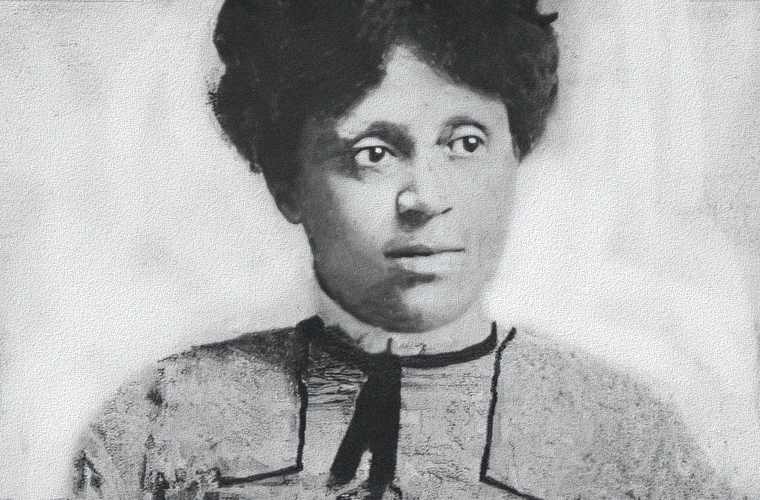Susie Revels Cayton was an influential figure in the civil rights movement in the United States. She was born on October 7, 1903, in Seattle, Washington. Her parents, Hiram and Frances Revels, were both African American and had a significant impact on her life. Growing up in Seattle, Cayton was exposed to the realities of racism and discrimination at a young age. She attended Garfield High School, where she was one of only a few African American students. Despite facing prejudice and discrimination, Cayton excelled academically and went on to attend the University of Washington.
At the University of Washington, Cayton became involved in civil rights activism. She joined the NAACP and worked to promote equality and justice for African Americans. She also met her future husband, Horace Cayton, who was also a prominent civil rights activist. After graduating from the University of Washington, Cayton continued her work in civil rights activism. She worked as a journalist, writing for several African American newspapers including the Seattle Republican and the Seattle Argus. She also worked as a teacher and social worker, helping to improve the lives of African Americans in her community.
In addition to her activism work, Cayton was also a talented writer. She wrote several books and articles about African American history and culture, including her autobiography, “Growing Up in the West.” Her writing helped to shed light on the struggles and triumphs of African Americans throughout history.
Cayton’s legacy continues to inspire and influence civil rights activists today. Her dedication to promoting equality and justice for all people serves as a reminder of the ongoing struggle for civil rights in the United States. Her writing and activism work helped to pave the way for future generations of civil rights activists, and her impact on American history will not be forgotten.

